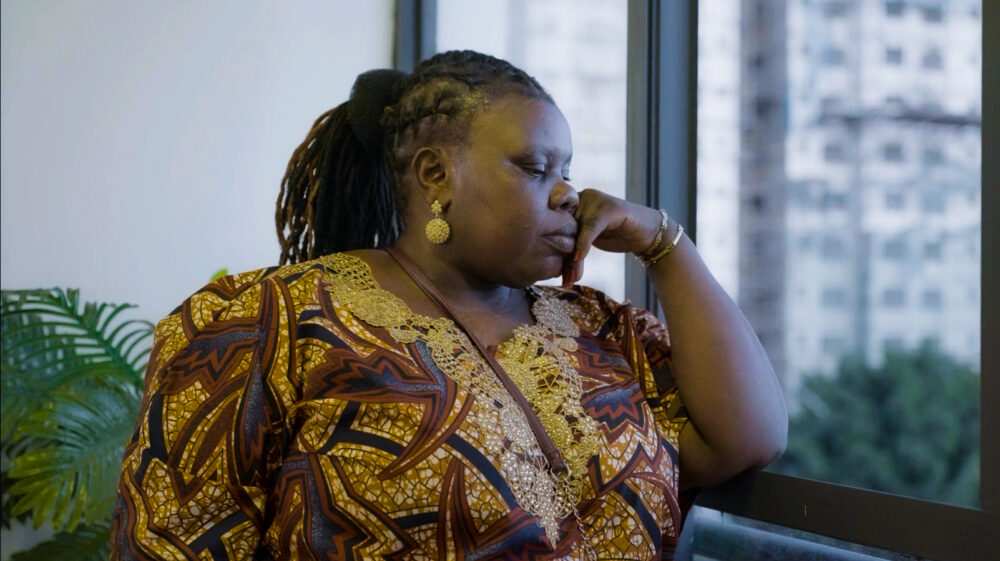
“What’s up Next?” is a series of articles and interviews meant to better showcase the trajectories of our Next Talents.
We are meeting the 2025-2026 generation in two key moments: at the start of their trajectory – focussing on finding out more about the artists and what they expect from the program, and at the end of their course, discussing the things they picked up on the way.
With this first interview we are introducing you to documentary filmmaker Maria Cristhin Kuiper.
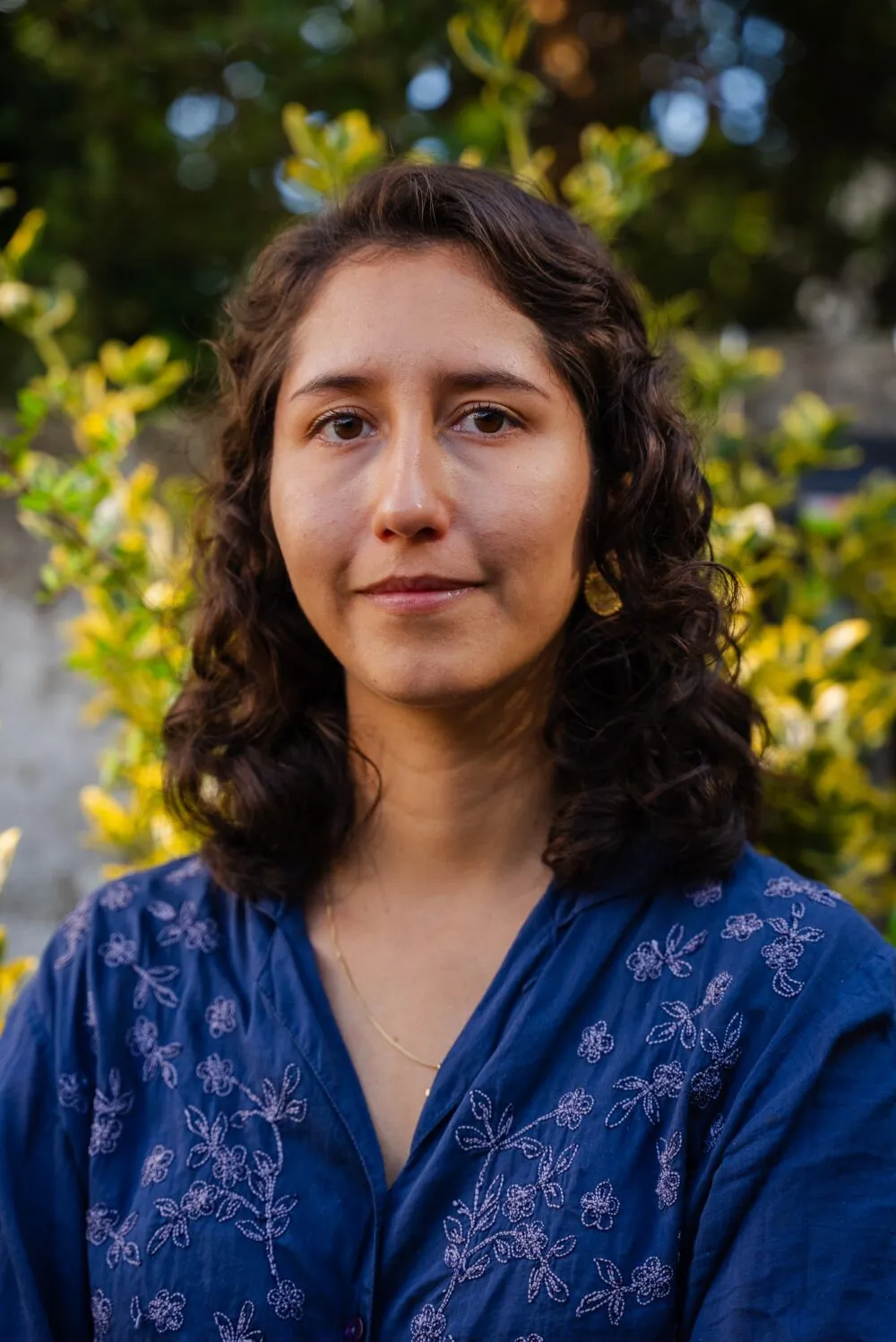
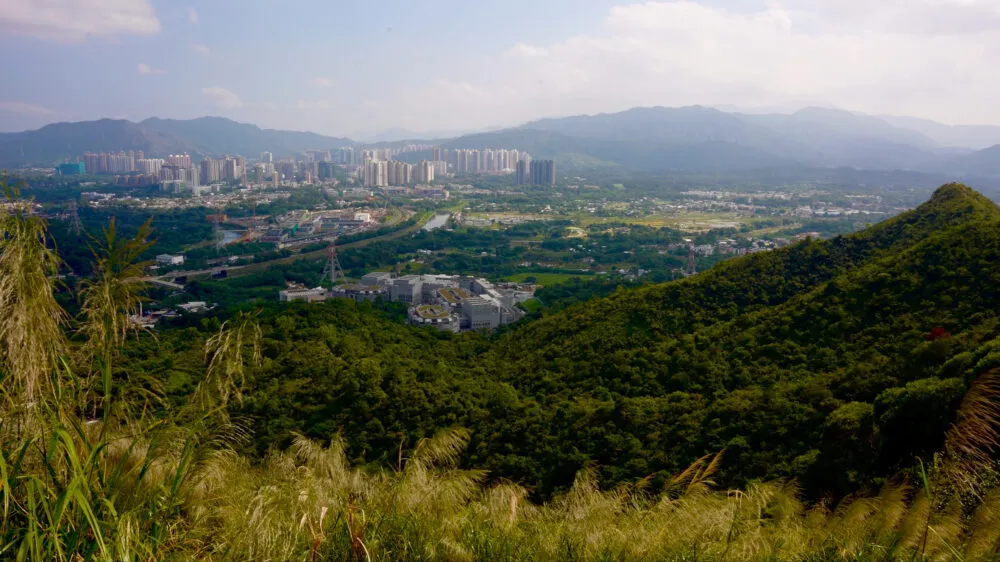
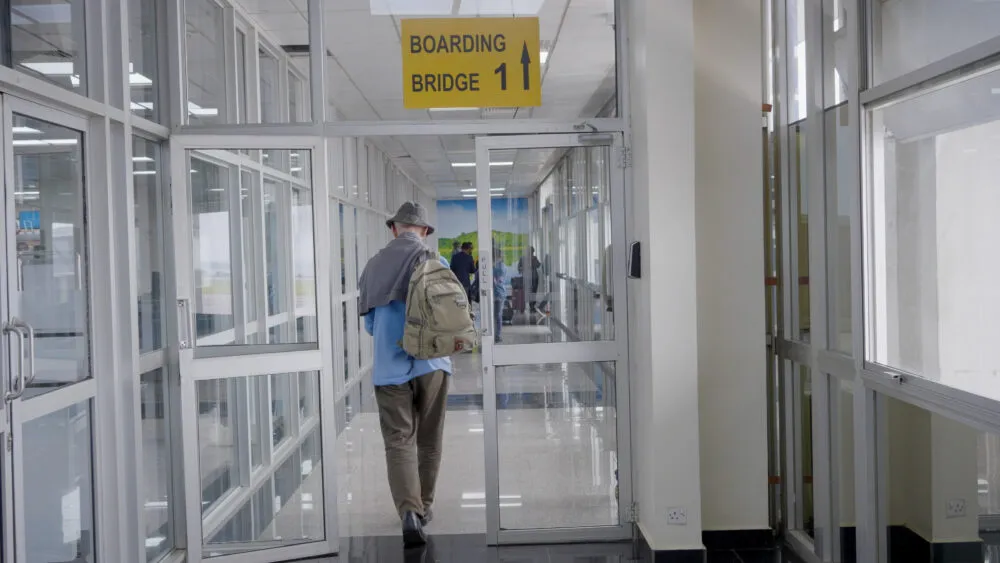
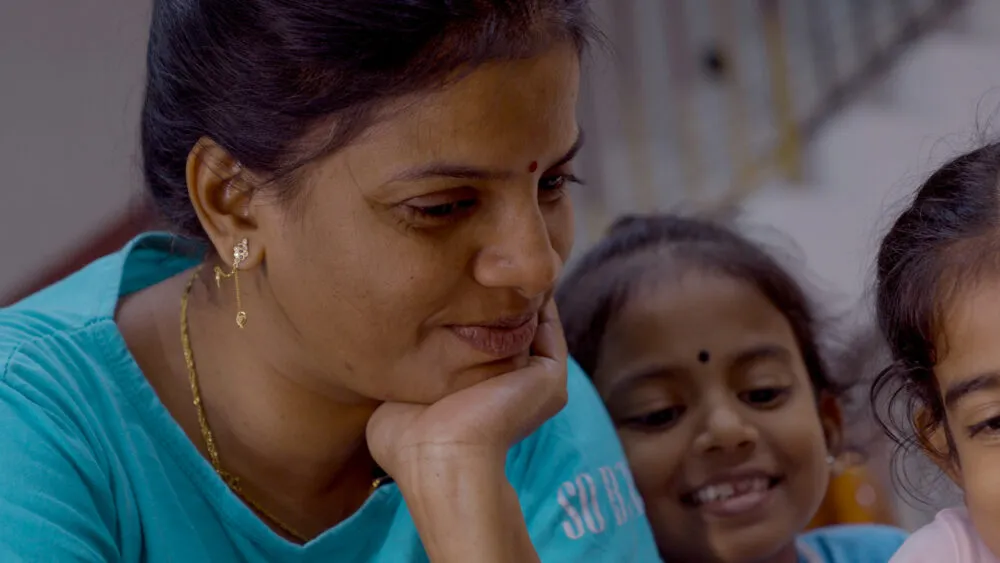
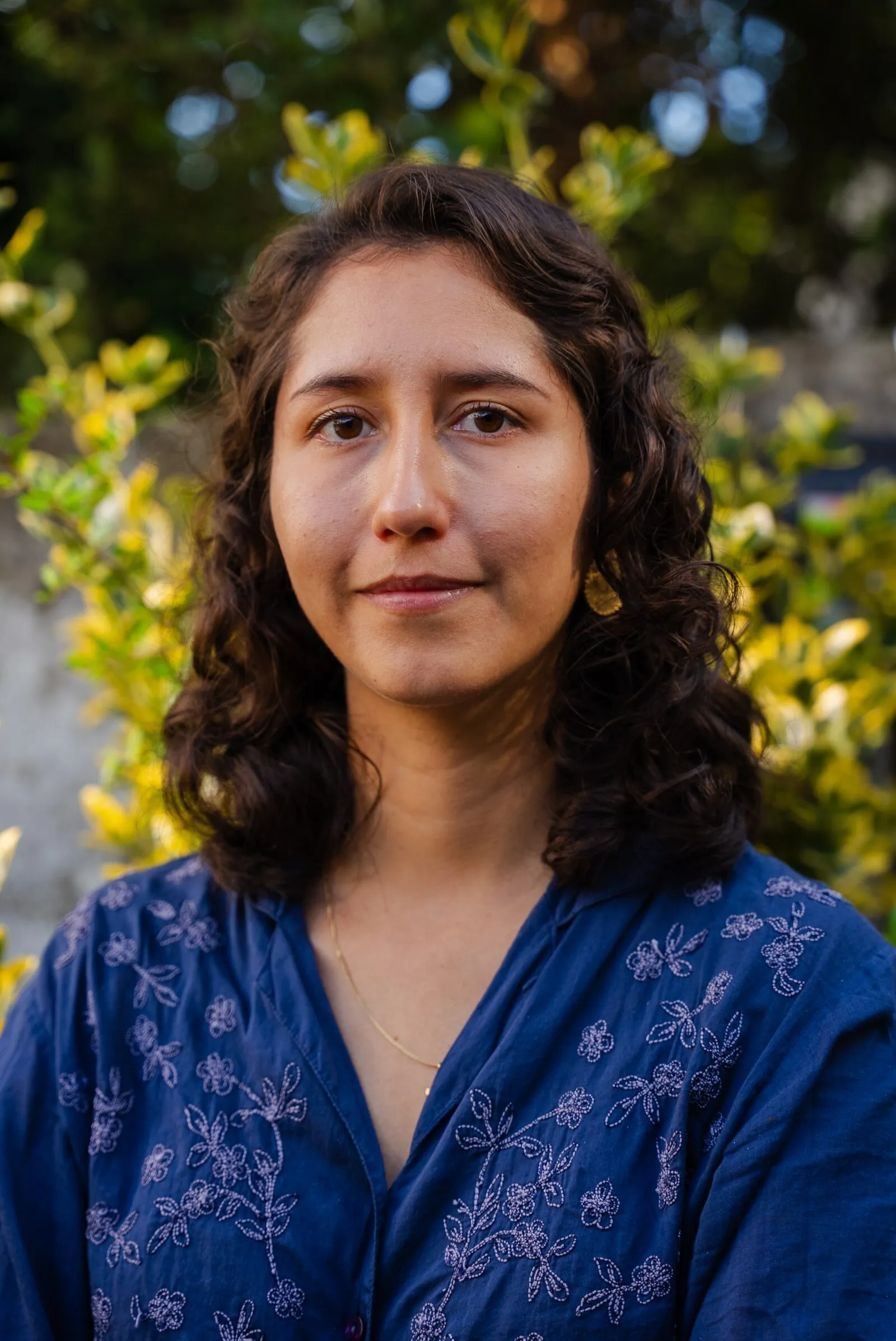
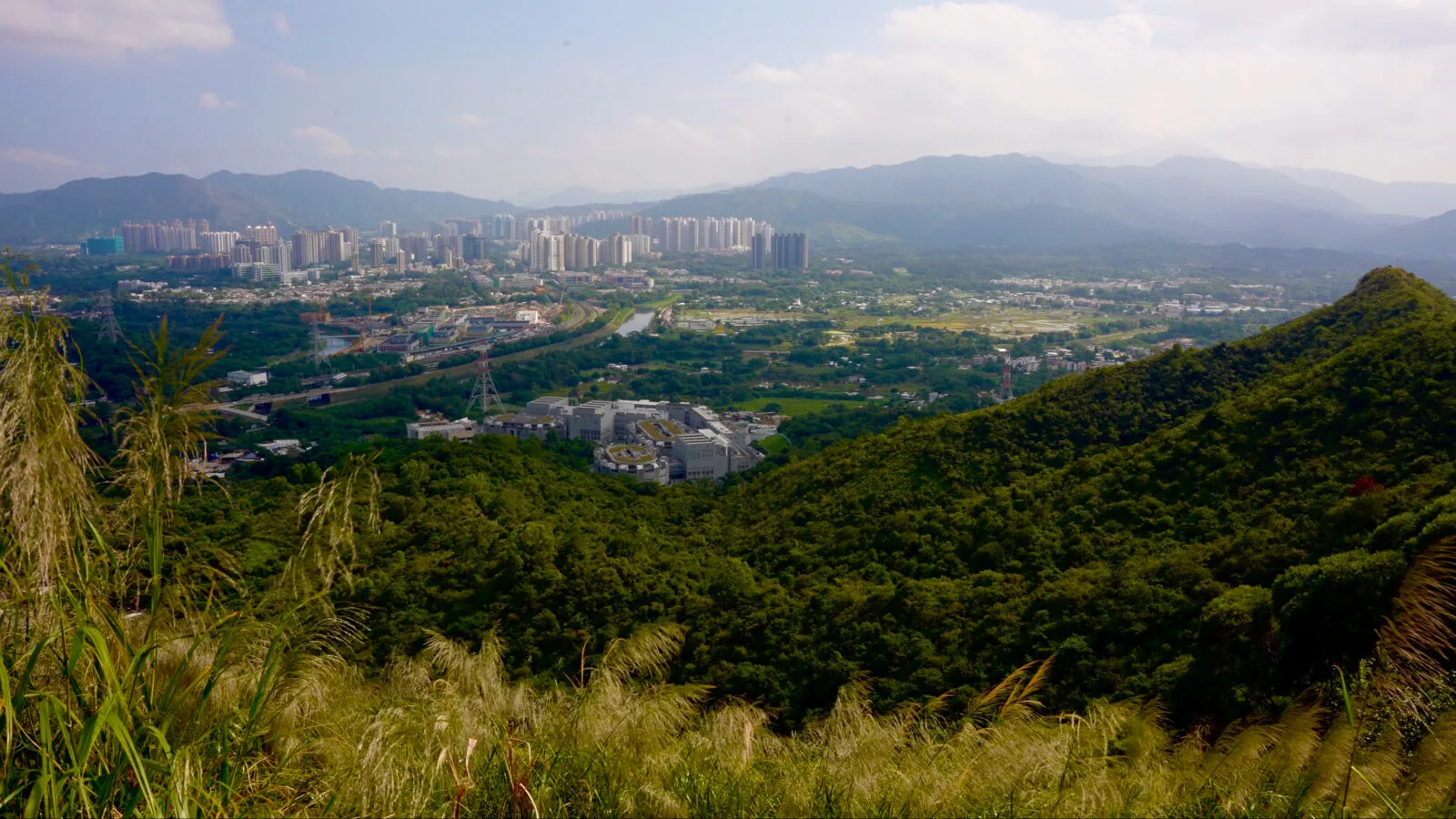
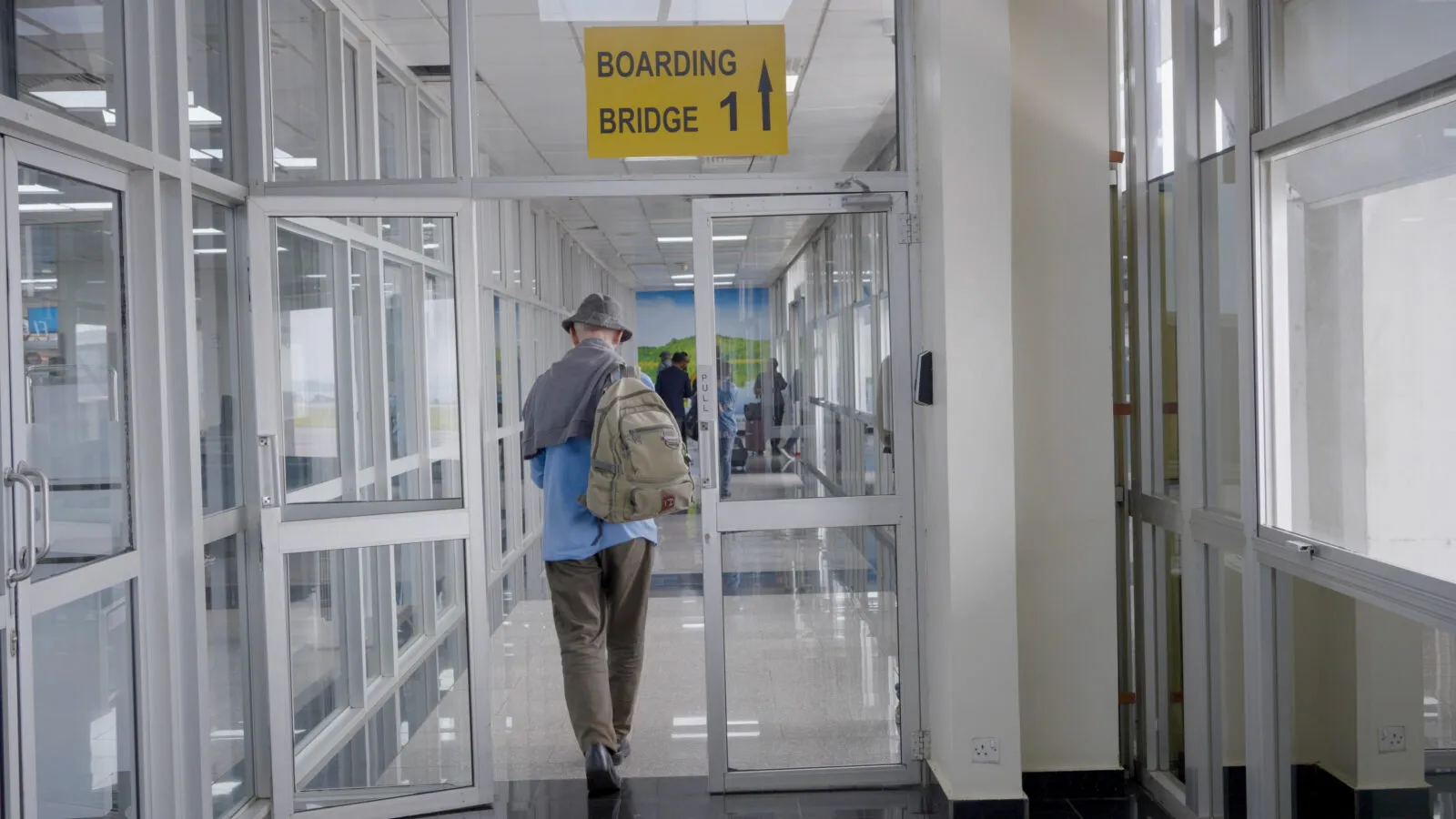
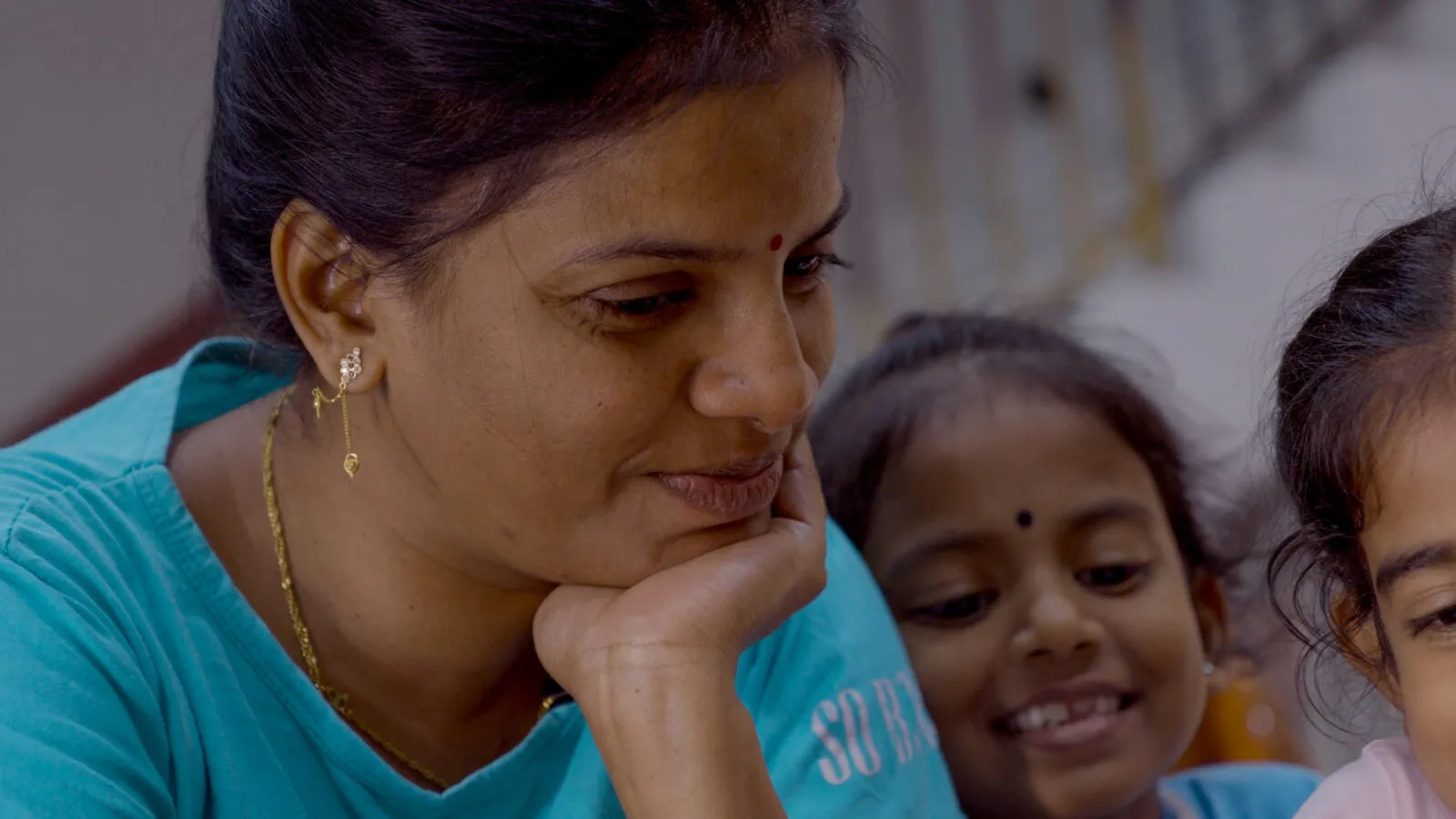
Maria is a Dutch Peruvian documentary filmmaker with roots in both Eindhoven and Cusco. “Growing up between these two places” Maria says “shaped my perspective and made me interested in cross-cultural stories. I studied Arts and Culture at Maastricht University and completed a master’s in Journalism at the University of Hong Kong.
I started my career producing TV documentaries for a local station in Hong Kong, and later worked as a reporter and video editor for AFP News Agency, where I covered the 2019 pro-democracy protests. During that time, I co-produced a story about the disproportionately high number of women in Hong Kong’s prisons, a trend largely fuelled by the incarceration of foreign drug mules. The report was picked up by media around the world, and it made me even more determined to understand the women behind the statistics.
I wanted to go beyond the surface and understand what had led them there and how I could tell their stories in a more personal and visually expressive way. So when I got the chance to travel with a prison chaplain who advocates for drug mules, I thought this was my chance to make my first documentary. I ended up joining him on three trips, and that’s where I met the protagonists of my first documentary, Mule, which I’m still developing.
Alongside that documentary, I am also working on two short personal documentaries about my family. They touch upon the topics like parental absence, addiction, faith, social heritage and the Latin American culture of death.”
We asked Maria to tell us a bit more about a project close to her heart: “I have been working on Mule since the end of 2022. It’s my first documentary film, which makes it very special. I kind of see it as my first baby. My experience in journalism has been very helpful in developing the film, but because I want the film to be intimate and artistic, it is also pushing me to learn about story arcs, visual storytelling, and scene construction.
Mule tells the stories of mothers who were jailed in Asia for drug trafficking. After being separated from their children for years, they are now in their home countries and giving meaning to their experiences in prison through activism, while facing hardship and judgment from their communities.
Although not all drug mules are mothers, I chose to focus on them because I have seen how their children suffer when their mothers are absent. This is especially true for single mothers, who make up the majority of the women ex-prisoners I met. Drug syndicates deliberately target women in these situations, knowing they are often vulnerable and driven to provide a better life for their children.
I aim to create an emotionally deep film that challenges assumptions and sparks meaningful conversations about justice, humanity, and the systems that shape us all. The women I’ve met continue to inspire me every day, and their voices drive this film forward.”
We also wanted to know what Maria thinks that set her apart from other makers. “I love working on stories that centre the women’s experience and take a personal, intimate approach to exploring major societal issues. These issues can appear in big, obvious ways but also in more subtle, everyday forms. For example, trends in female incarceration can be tracked through statistics, but they are also rooted in early life experiences. Girls are often taught that politeness and compliance matter more than speaking up for themselves, and those lessons can shape how women trust their instincts and advocate for themselves as adults.
I want my work to encourage reflection and evoke an emotional response, so that viewers not only understand the facts but also feel the injustices I portray and connect with the strength of the women’s experiences. I believe I do this by building genuine relationships and trust with my protagonists, something I hope comes through on screen.
To me, a well-researched story is not one overloaded with facts, but one that reveals nuance, complexity, and a clear, thoughtful point of view. I also aim to create films that can be used in educational and community settings as part of impact campaigns. These films can help raise awareness, encourage dialogue, and contribute to meaningful change.”
When it came to sharing artists inspiring her, Maria said: “This question is hard to answer because there are many filmmakers who inspire me, including Ruby Yang, Najiba Noori, Mariia Ponomarova, Loretta van der Horst, and Maasja Ooms. However, the documentary The Apology (2016) by Tiffany Hsiung may have had the biggest impact on me and my desire to become a documentary filmmaker.
The Apology follows the lives of former “comfort women,” more than 200,000 girls who were forced into sexual slavery during World War II, and their ongoing fight for justice and reconciliation. It shows the enormous injustice these women endured, but also their strength and dignity as they continue to live with trauma in old age and fight for justice. I wept while watching it, but I also felt inspired. By bringing us close to three women from South Korea, China, and the Philippines, the film makes this horrific history human and emotionally compelling.
I hope to take a similar approach in my own work. I want to tell stories that are honest and intimate while also revealing the broader social structures behind them.”
On that note, we were also curious to find out how Maria discovered the Next Talent. “In my province, Noord-Brabant, there are not many initiatives that support filmmakers, so I was very excited to learn about the Next trajectory. It feels like a rare and valuable opportunity to grow as a filmmaker while staying connected to the region. I actually first heard about it from Niekie Khaled, a producer and film advisor, who reached out to me and said she thought the program would really suit me. I’m so grateful to her for thinking of me. We had met a few months earlier at the Playgrounds Film Helpdesk, and her message was a reminder that putting yourself out there can lead to meaningful opportunities.”
“Through the Next Talent program,” she adds, ” I hope to develop my artistic style and strengthen my storytelling skills, especially in areas like structure, character development, and script writing. I want to improve my ability to shape compelling story arcs and translate my ideas into emotionally resonant and visually driven narratives.
I’m also eager to create space for creative risk-taking, and to explore how to balance creative energy with the practical side of building a sustainable filmmaking career. Beyond the creative and professional development, I look forward to connecting with other filmmakers. I believe community is essential, and I would love to meet collaborators, mentors, and peers who challenge and inspire me.”
We also wanted to know who would be Maria’s dream mentor if she could pick anybody in the world. “Honestly I am not sure…
I think I would choose to meet Tiffany Hsiung, the director of The Apology. Her film inspired me, especially the way she tells an intimate, emotionally powerful story about women who have endured trauma and reflect on whether they should tell their families. I admire how she creates a narrative that both educates and moves audiences.”
As far as we are concerned, we are already big fans of Maria Cristhin’s works as her projects really highlight important issues we should all have on our radar. We can’t wait to see what else she will develop during her Next trajectory!